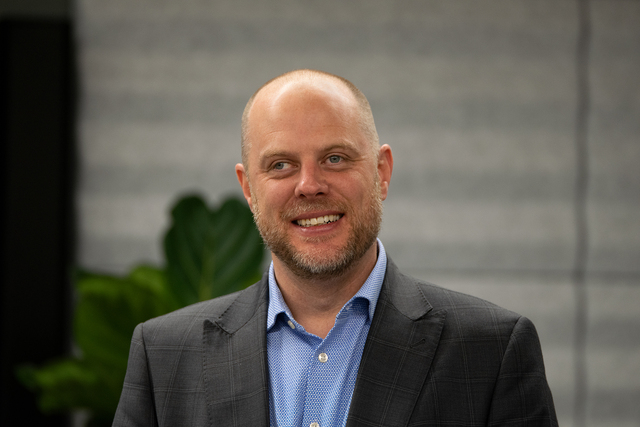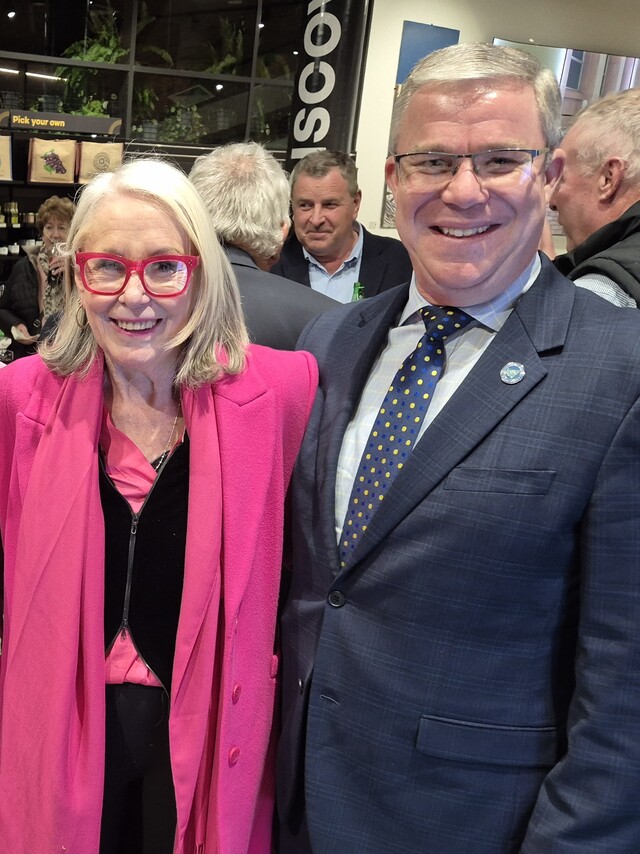While debate over a drugs policy continues in the Federal and State spheres, Local Government is implementing practical strategies to address the problems of drug use.
In February, Melbourne City Council hosted a Local Government Seminar on Illegal Drugs. This provided information for Councillors and Council staff when dealing with drug issues in their communities.
Speakers included Dr John Fitzgerald, from the Department of Criminology at Melbourne University; Michelle Keenan, from the Turning Point Alcohol and Drug Centre; and Greg Cooper, from the Metropolitan Ambulance Service.
During the Seminar, Melbourne City Council launched a health information card for illegal drug users. These cards are part of the ‘Don’t Drop Out Program’.
Developed in conjunction with the Department of Human Services, plus drug and health support agencies, the information on the 5,000 cards that have been produced follows current ambulance and Victorian Police protocols.
“These cards are one example of the City of Melbourne’s commitment to provide information to improve the health and welfare of people who use drugs,” said then Lord Mayor Ivan Deveson.
“Illegal drug use is a blight affecting the lives of families, the safety of our communities and the work of industry.
“This is just one practical example of work completed under the Inaugural Metropolitan Mayors Statement of Drugs and the leadership being demonstrated by Local Government.”
At its Annual Conference last October, the Local Government Association of NSW resolved to support a trial of safe injecting rooms under the auspices of the NSW Department of Health. This is subject to the agreement of local Councils and their communities to conduct trials in their areas.
President Peter Woods said that such an initiative has potential benefits all round. He recently called on State politicians to cease seeking partisan political advantage out of the plight of illicit drug users.
“We must end the stupidity of political point scoring and start addressing the real issue, which has been with us for far too long already, namely the increasing use of hard drugs and the penetration of criminal elements even further into the supply and distribution of drugs,” Peter Woods said.







